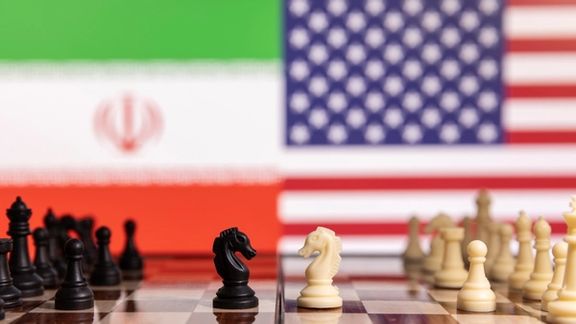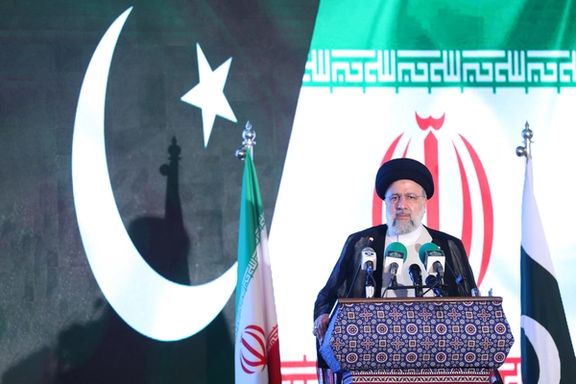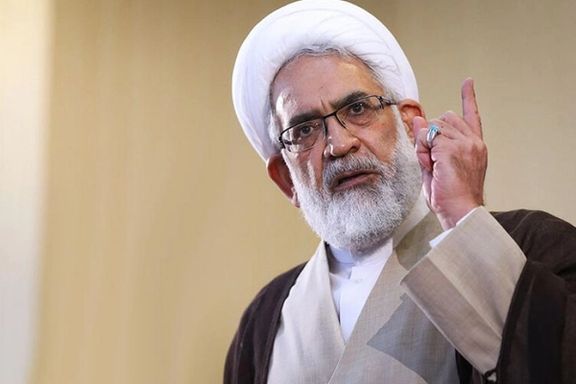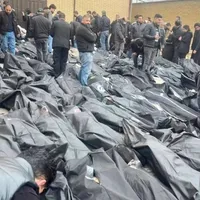This legislation is part of the National Security Act of 2024, an appropriations bill passed by the 118th Congress and signed into law by President Biden.
The bill includes four key Iran-related measures: the Mahsa Act, the Ship Act, the Iran-China Energy Sanctions Act, and the Holding Iranian Leaders Accountable Act.
Although it has received comparatively less media attention, this article will explore the specifics of the Holding Iranian Leaders Accountable Act, examining its implications and the detailed measures it proposes to address critical issues related to Iran.
Here are the "12 Points You Need to Know" about the "Holding Iranian Leaders Accountable Act of 2023" with detailed insights into the bill's provisions:
1. What does the "Holding Iranian Leaders Accountable Act of 2023" do?
The law mandates reporting requirements for the Secretary of the Treasury to compile detailed reports on financial institutions' dealings with designated Iranian officials, including descriptions of asset holding, acquisitions, and ties to financial institutions, asset descriptions, acquisitions, usage, and involved financial institutions.
It imposes restrictions requiring US and foreign financial institutions identified in the reports to terminate accounts and halt significant financial services to the designated Iranian officials.
2. What is the primary objective of the "Holding Iranian Leaders Accountable Act of 2023"?
The bill seeks greater oversight and reports on the financial activities of key Iranian officials and institutions, aiming to monitor and prevent corruption through funding flows that might support activities like terrorism.
3. Who are the specific individuals and groups named in the bill?
The bill targets key figures within the Iranian government and military, including the Supreme Leader, the President, members of the Guardian Council and the Expediency Council, and high-ranking officials within the Islamic Revolutionary Guard Corps (IRGC) and leaders of major terrorist/proxy groups tied to Iran like Hezbollah and Hamas.
4. Why are these particular individuals and groups targeted?
These figures are central in Iran's political, military, and economic system and are involved in corruption and supporting terrorism, thereby undermining regional stability.
5. Who needs to report under this bill, and what must be reported?
The Secretary of the Treasury must submit comprehensive reports detailing assets, financial transactions, acquisition methods, and uses of funds associated with specified Iranian officials and institutions.
6. How frequently must these reports be prepared and submitted?
An initial report is due within 180 days after the bill's enactment, with subsequent updates every two years.
7. What actions must US financial institutions take under this bill?
US financial institutions are required to close accounts and cease significant financial services for listed individuals and entities.
8. Are foreign financial institutions also affected by this bill?
Yes, the bill compels the Treasury to use all necessary means, under existing laws, to close foreign accounts and stop financial services for identified individuals and entities.
9. What are the provisions for public availability of the report?
The unclassified part of the report should be made public in English, Persian, Arabic and Azari if deemed in the US national interest, enhancing transparency and deterring illicit activities.
10. What are the exceptions and waivers included in the bill?
The President may waive specific requirements if the individuals or institutions prove their funds were legally obtained or if they are cooperating with US security or law enforcement. Transactions involving humanitarian aid to Iran are also exempted.
11. When does the bill expire?
The act includes a sunset clause, ceasing its provisions five years post-enactment unless extended by further legislative action. This allows for reassessment of its effectiveness and relevance.
12. Why does this bill matter?
This law provides an opportunity to increase transparency on the financial resources of the senior leaders in the Islamic Republic and offer additional targets for sanctions. Exposing the corruption of regime officials not only aids in accountability and can embarrass these leaders publicly, but it can further encourage Iranian dissidents and protestors who are facing severe economic difficulties due to regime mismanagement, graft, and corruption.














